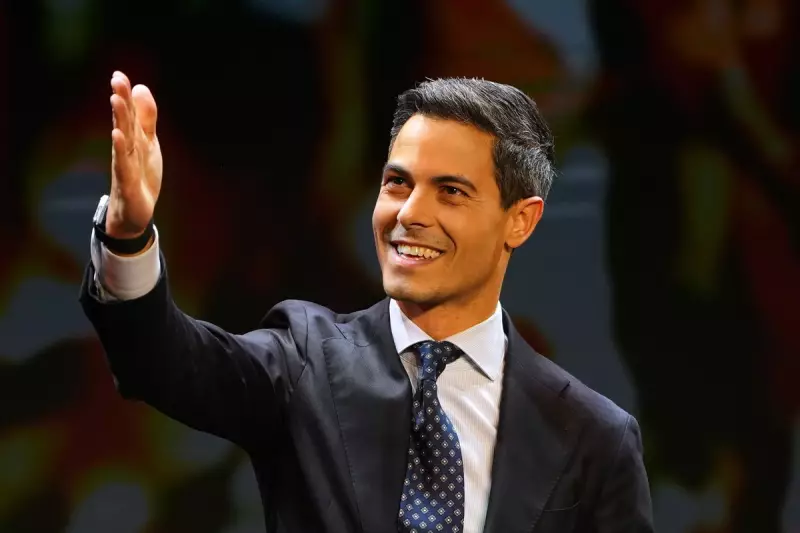
In a political earthquake that has reverberated across Europe, firebrand politician Geert Wilders and his Party for Freedom (PVV) have secured a dramatic victory in the Dutch general election, fundamentally reshaping the Netherlands' political landscape.
A Stunning Political Upset
The preliminary results reveal that Wilders' anti-immigration, eurosceptic party has captured 37 seats in the 150-seat House of Representatives, far surpassing pre-election predictions and establishing the PVV as the largest party in parliament. This remarkable achievement positions Wilders to potentially become the next Prime Minister of the Netherlands.
Europe's Political Landscape Transformed
This electoral triumph represents the most significant victory for the far-right in Dutch history and signals a major shift in European politics. Wilders, often dubbed the "Dutch Trump" for his populist rhetoric and distinctive platinum-blond hair, has spent nearly two decades campaigning on a platform that critics describe as radically anti-Islam.
His party's manifesto includes controversial proposals such as:
- Halting all asylum seeker immigration
- Implementing a referendum on Netherlands' EU membership
- Banning Quran and mosque construction
- Addressing what he calls the "asylum seeker tsunami"
Coalition Negotiations Begin
Despite the decisive win, Wilders faces the complex challenge of forming a coalition government. The PVV's 37 seats fall short of the 76 needed for a majority, requiring partnerships with mainstream parties who have historically been reluctant to collaborate with him.
Political analysts suggest that potential coalition partners include the centre-right VVD party led by Dilan Yeşilgöz, which secured 24 seats, and the recently formed centrist New Social Contract (NSC) party, which won 20 seats.
International Reactions and Implications
The election results have generated significant concern among European leaders and human rights organisations. Wilders' victory is seen as part of a broader trend of rising far-right influence across Europe, following similar gains in Italy, Sweden, and France.
As coalition talks commence, all eyes remain on The Hague, where Wilders must navigate the delicate process of government formation while maintaining his controversial political stance that has now captured the Dutch electorate's imagination.





